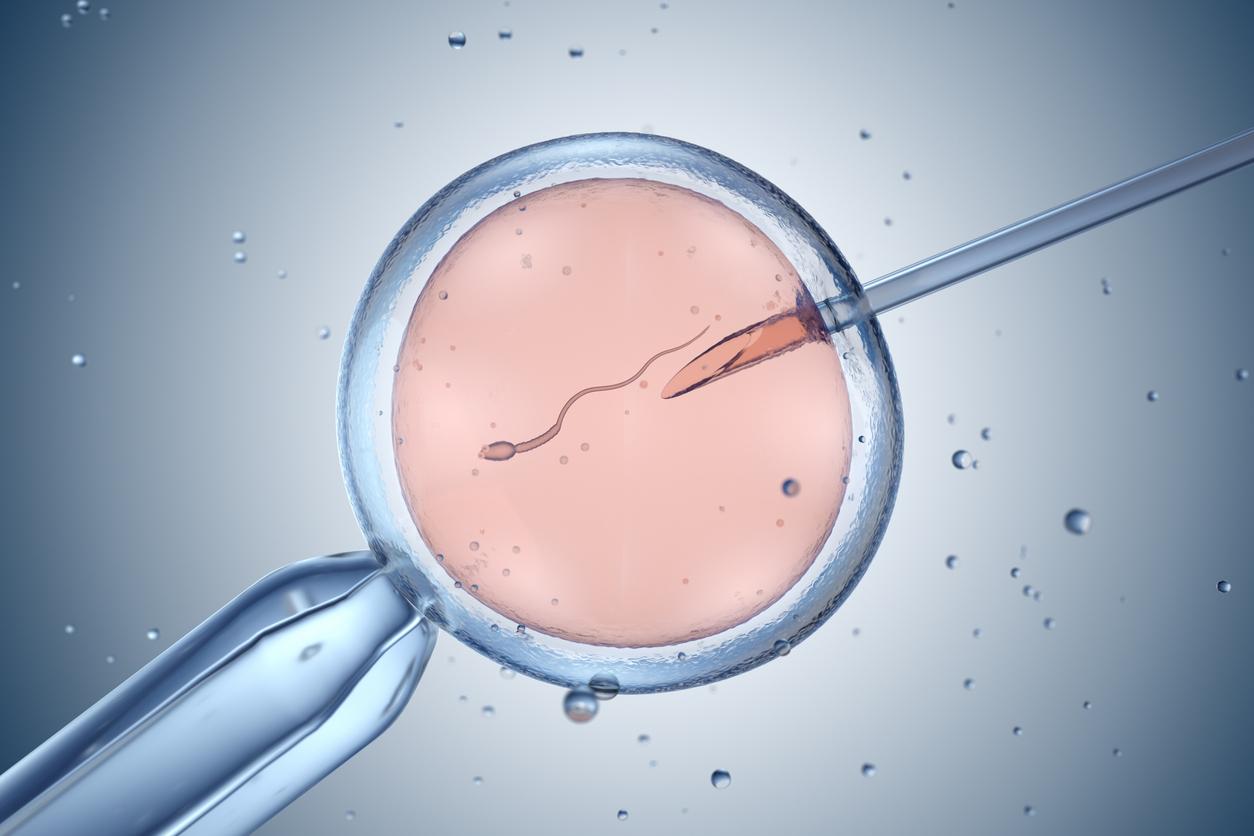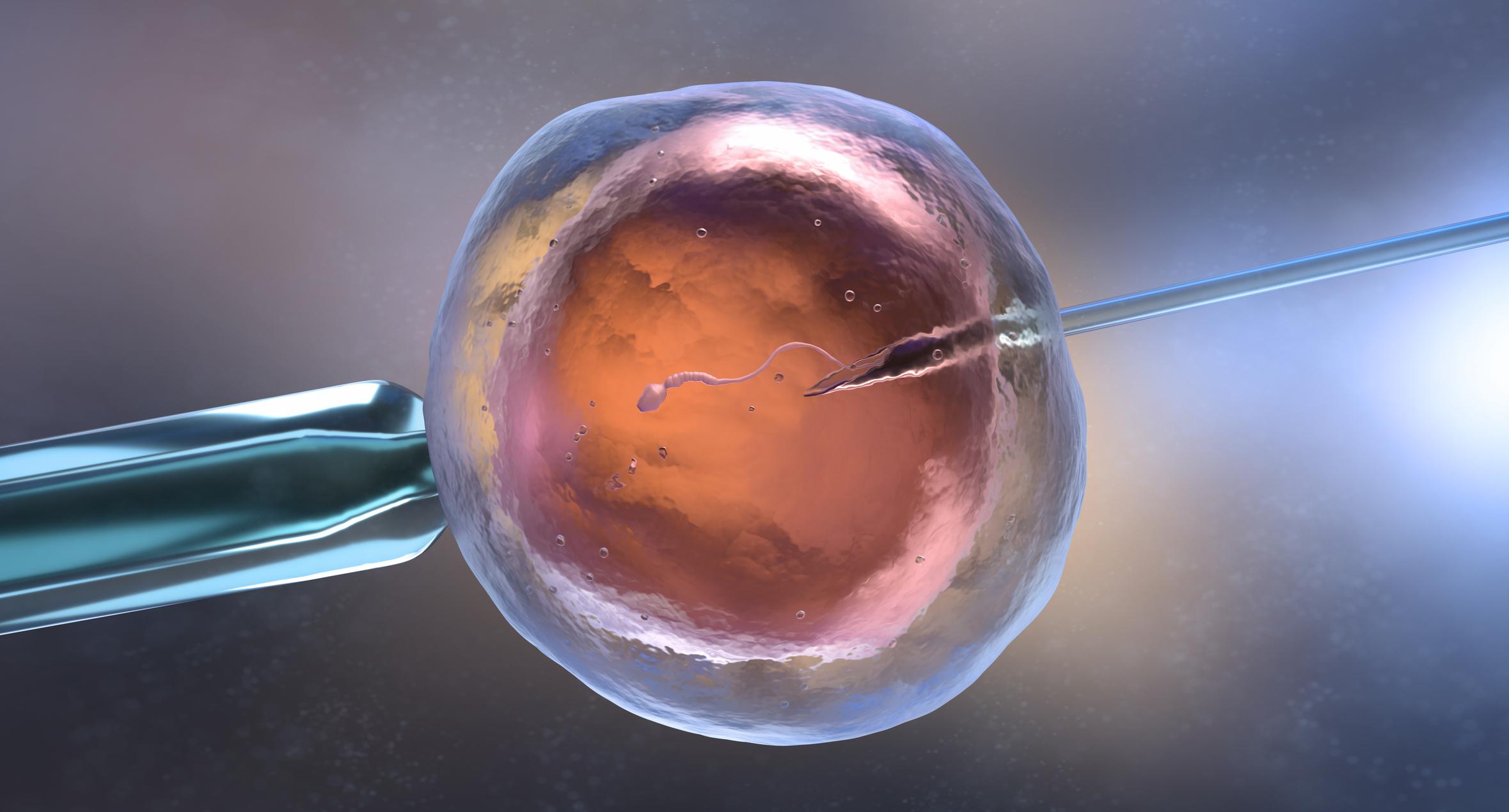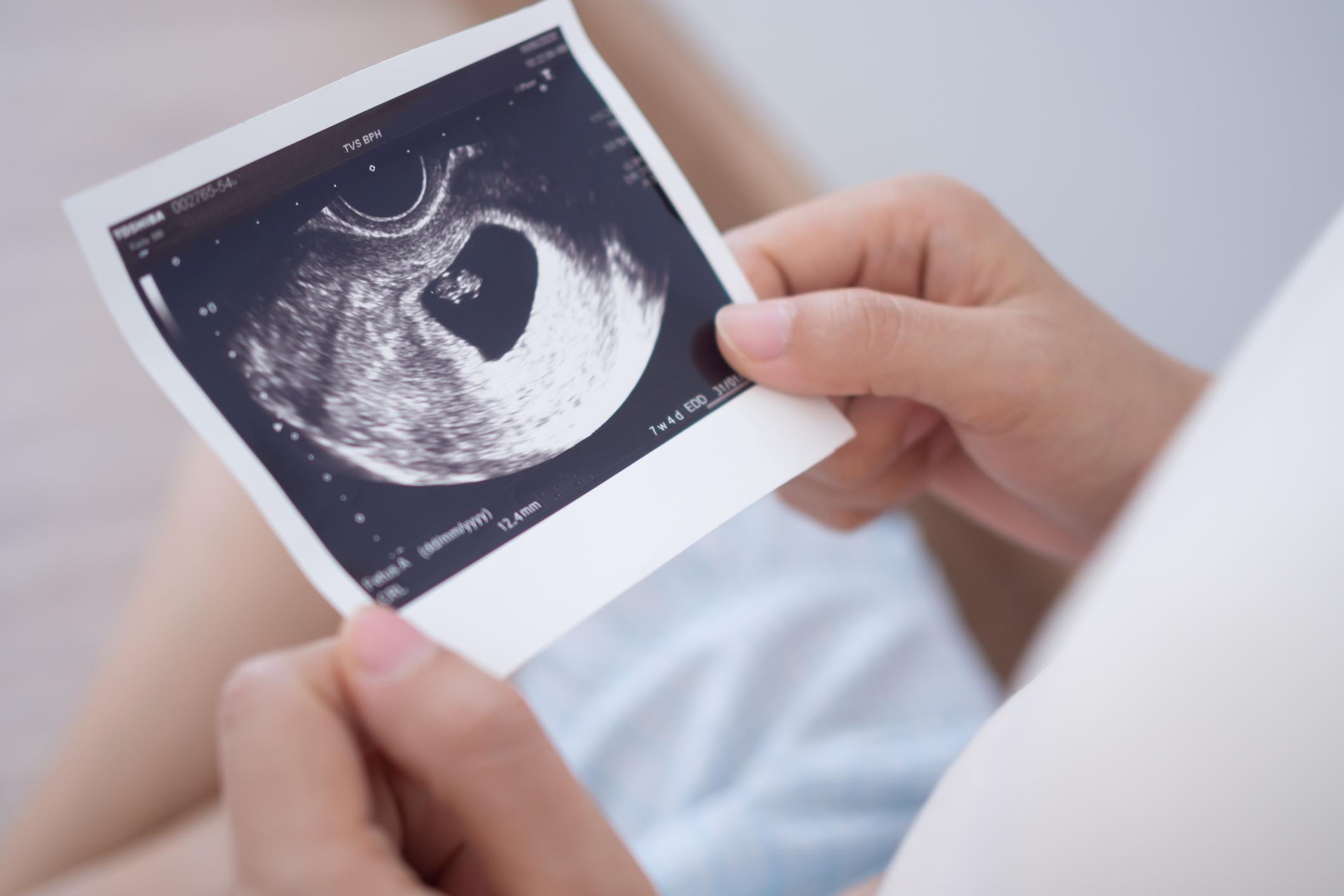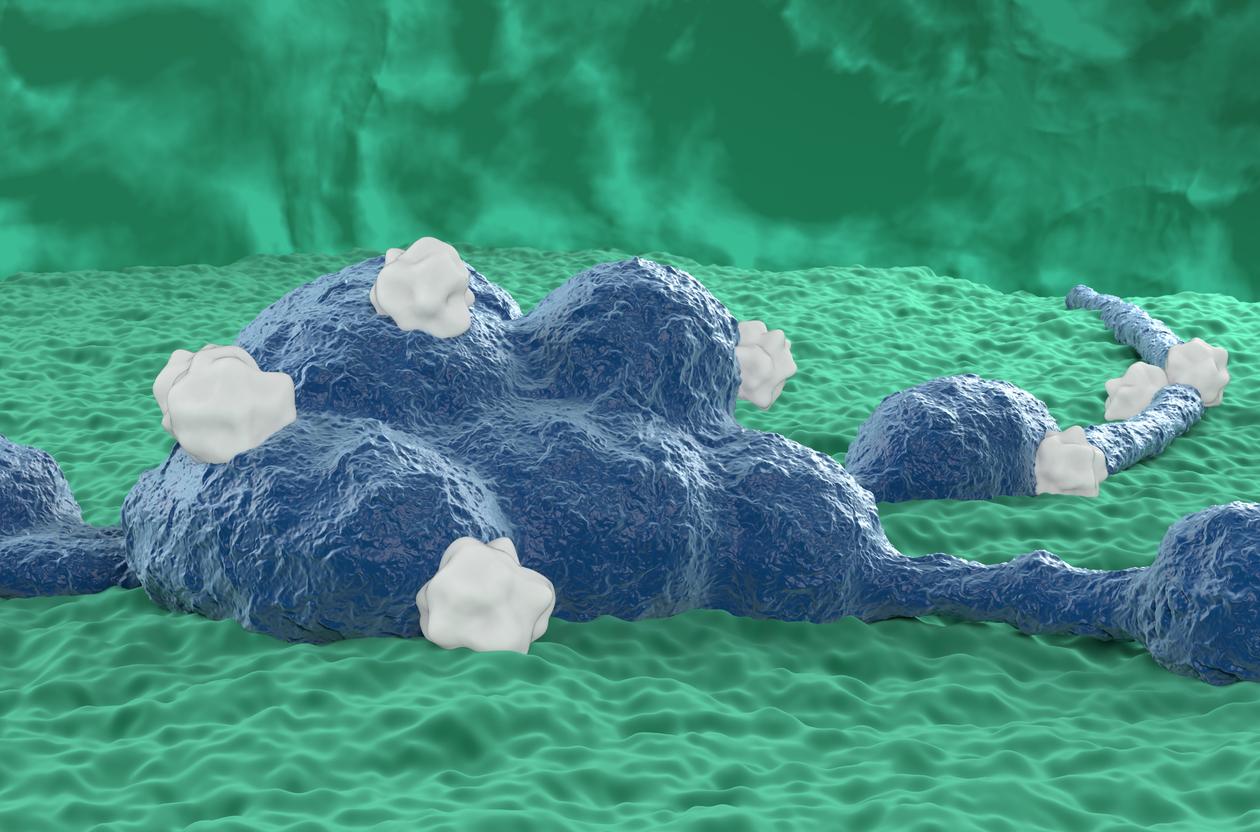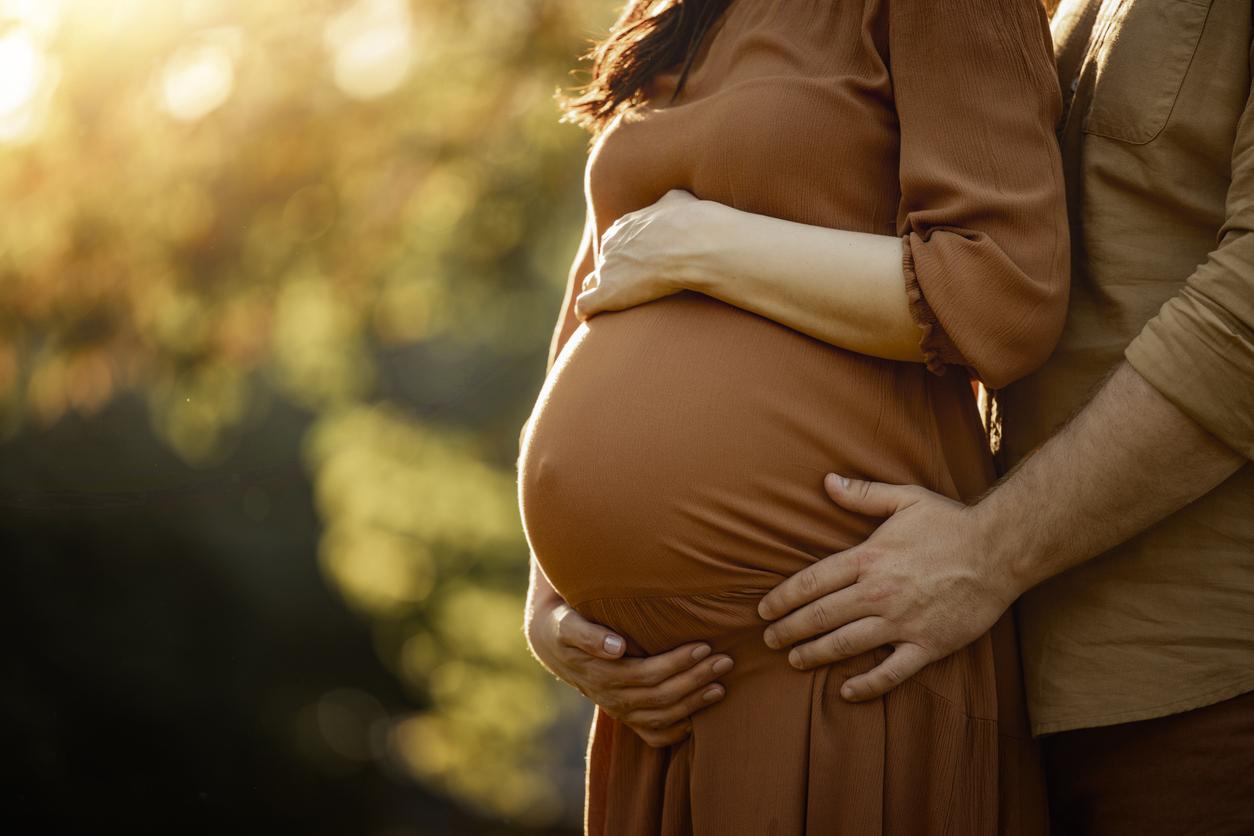A new and large American study points to the slightly higher risk in children born by in vitro fertilization (IVF) of developing a rare cancer.
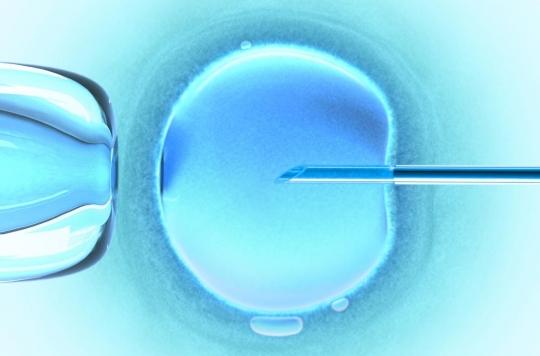
While births by in vitro fertilization (IVF) are increasingly common, many studies have so far highlighted the additional risk that children born by this procedure have of developing cancer.
This new study – the largest ever conducted – published in JAMA Pediatrics is therefore intended to be reassuring: according to its authors, children conceived by IVF do have a slightly higher risk of developing childhood cancer. However, “for the few cancers that appeared to be associated with IVF, the absolute risk was still extremely rare,” reassures the study’s lead author, Logan Spector of the University of Minnesota in Minneapolis.
According to him and his colleagues, this increased risk of cancer is at least partly related to advanced maternal age, as well as other health factors that lead women to try IVF in the first place. And if he finds it wise to be vigilant in monitoring cancers in children born by IVF, nothing indicates that this method of conception should be abandoned. “Overall, these results should be reassuring for parents who have used IVF,” says Dr. Spector.
17% increased risk of developing cancer
To analyze the link between IVF and childhood cancer, the researchers first looked at data on 275,686 children conceived with IVF and 2.27 million children conceived naturally between 2004 and 2013. They followed the children for an average of four and a half years. During this period, 321 cancers were detected in children conceived by IVF and 2,042 cancers in other children. This translates to a rate of 0.1% in IVF children and 0.09% in naturally conceived children.
In other words, if researchers followed one million children for a year, they would expect to see one of these rare cancers develop in about 252 children conceived through IVF and about 193 children conceived naturally. Overall, children conceived through IVF were 17% more likely to develop cancer than those conceived naturally.
Specifically, children conceived using IVF were 28% more likely than other children to be diagnosed with embryonic tumors, which develop from embryonic cells that remain in the body after birth. According to the study authors, the increased risk of embryonic tumors is mainly explained by a twice as high rate of liver tumors in children conceived by IVF.
Children conceived through IVF were also 41% more likely to develop central nervous system embryonic tumors, which occur when embryonic cells remain in the brain after birth. So-called germ cell tumours, or malignant tumors of reproductive tissues such as the testicles or ovaries, were more than twice as common in children born through IVF.
A study with limitations
The researchers point out that this is an observational study and that nothing can prove in their results that IVF can directly cause cancer. They also did not compare the results of infertile couples who had IVF with those of other infertile couples, making it difficult to see how the causes of infertility might influence the potential for rare childhood cancers.
A track is however possible: that according to which the cancer can be caused by chromosomal abnormalities. “As the eggs age, chromosomal instability increases,” Dr. Norbert Gleicher, medical director of the Center for Human Reproduction in New York, who did not participate in the study, told Reuters. study. According to him as for the authors of the study, couples who are considering having recourse to IVF should not worry too much and let this slight risk of childhood cancer influence their decision.
.









